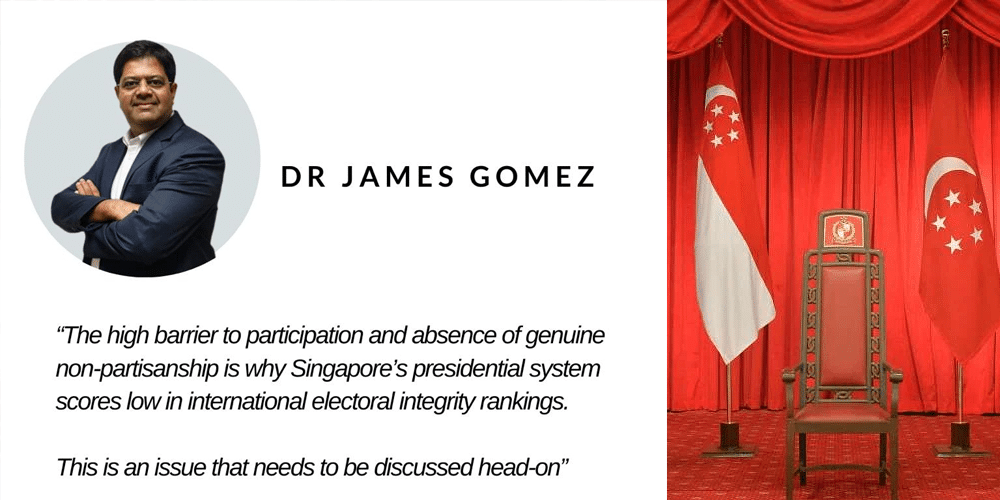by Abdul Shariff Aboo Kassim, Kamaludeen Mohamed Nasir, Chan Kin Kok with Vivienne Wee and Ranjana Raghunathan
To mark Father’s Day, AWARE invited three fathers to give their views of the newly introduced paternity leave and conversion of one week of maternity leave to shared parental leave. They were Kamaludeen Mohamed Nasir (father of a five-year-old son and a nineteen-month-old daughter), Abdul Shariff Aboo Kassim (soon to be father of a second child) and Chan Kin Kok (father of a four-year-old daughter).
Voicing their views independently, they converged on two points. On the one hand, they welcome the new leave policies. Kamaludeen describes these as recognition of “the significant roles of fathers in the care of children.”
Abdul Shariff concurs: “When my first child was born, the lack of paternity leave meant that I had to return to work just days after my wife was discharged from the maternity ward. I welcome the legislation of paid paternity leave and hope that my daughter, due in four months’ time, will not face the same plight as her brother.” Chan notes that the six-day paternity leave will be particularly useful to those fathers with limited annual leave, who cannot carry over leave from previous years.
On the other hand, they agree that care-giving fathers need better support. Abdul Shariff considers the six days of paternity leave insufficient “for men who wish to be more involved parents. It merely provides a week’s relief to mothers of a newborn.”
Their views are congruent with AWARE’s 2011 survey of 1001 parents, which showed 91 per cent agreeing on mandatory paid paternity leave, with 80 per cent asking for more than 6 days and 44 per cent, more than 11 days. Most agreed that four weeks of the 16-week maternity leave should become parental leave, available to either spouse.
Kamaludeen notes that “fathers play a pivotal role in the development of their children beyond these months of infancy.” He hopes for paternity leave to be expanded beyond current stipulations that make such leave available only within 16 weeks after the birth of a Singapore Citizen child or flexibly within 12 months after the birth, pending mutual agreement between employer and employee. He points out that flexible paternity leave is needed should the mother fall ill, as no woman can be expected “to stay healthy 365 days a year “, regardless of whether they work or stay at home.
Although many fathers value their roles as caregivers, they are not given sufficient opportunities to develop the skills, sensibilities and habits necessary to be good caregivers. Chan identifies the problem as a work environment that stigmatises fathers who take time off to care for their children, expecting men to prioritise work over family.
Abdul Shariff observes that “caregiving is still perceived as a woman’s domain.” The perpetuation of gender stereotypes pressures many women to drop out of the workforce, sacrificing career and financial security to be the main parent responsible for the children’s well-being.
Abdul Shariff notes that support given to fathers will help mothers to stay in the workforce. He suggests that flexible work arrangements for fathers, especially during the child’s first three months, will allow working mothers to spread their 16 weeks of maternity leave over 24 months. Currently, working mothers have to take eight weeks’ leave as a block, with only the remaining eight weeks available for flexible use over 12 months.
“Such a move would relieve employers, who otherwise have to bear with their female employees’ lengthy absence. This would, in turn, encourage them to be more flexible with male employees”, he said.
This father’s suggestion echoes the call by NTUC and AWARE for flexi-work arrangements to be made available to all working parents. AWARE has always advocated shared parenting, with fathers more involved in childcare.
Abdul Shariff points out that in contemporary families, men do have to play a greater role as caregiver and women, as wage-earner: “Getting married later in life is a growing trend. It makes sense for women to strive for financial independence. The shift in mean age of having the first child means that caregiving needs are much greater now. Couples wishing to have more children cannot afford to have large age gaps between their children, in view of age-related risks. Moreover, parents’ expectations are higher as they endeavour to secure a stable future for their children amidst increasing uncertainty. These factors emphasise the growing need for shared parenting. While I am thankful that many existing policies have been enhanced, I hope they will be improved further to enable fathers to play a bigger role in caring for their children.”
Policies are genuinely pro-family only if they support fathers and mothers as both care-givers and wage-earners, able to meet family needs.
(Abdul Shariff Aboo Kassim, Kamaludeen Mohamed Nasir and Chan Kin Kok are the fathers of young children. Vivienne Wee and Ranjana Raghunathan are, respectively, AWARE’s Research and Advocacy Director and Research and Advocacy Coordinator.)






